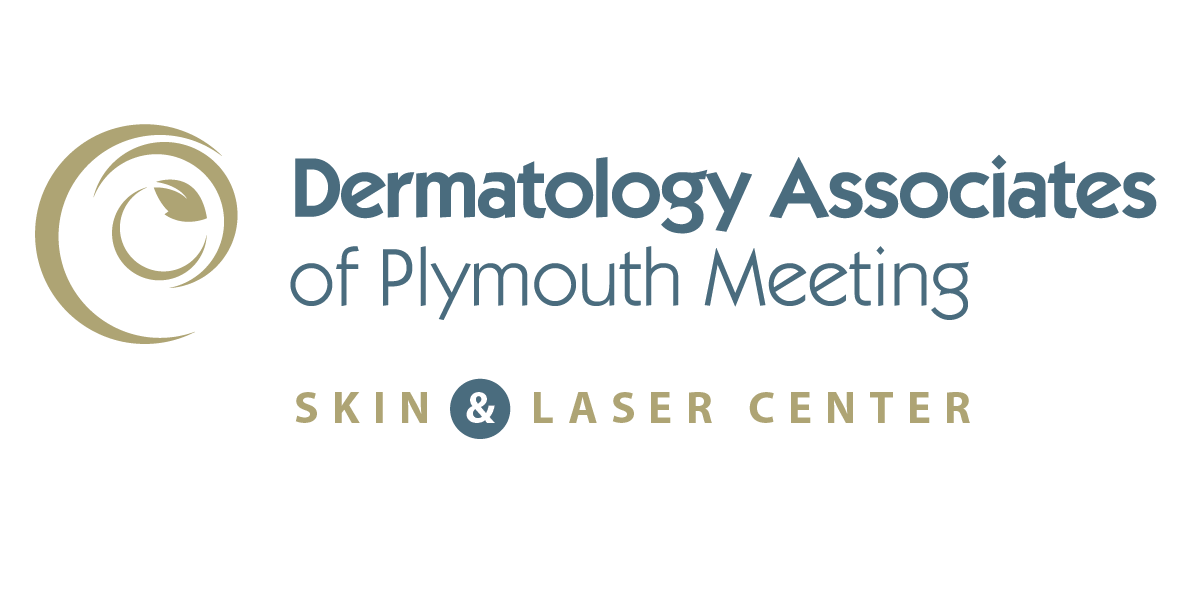Laser Treatment for Sun Damage

As enjoyable as a day in the sun may seem, the reality is that sun exposure can do serious damage to the skin without the proper protection. In fact, according to the Skin Cancer Foundation, an estimated 90% of skin aging is caused by sun exposure. If you have signs of sun damage, including pigmentation, loss of skin tone/elasticity or wrinkling, the good news is that these cosmetic symptoms can be eliminated with laser treatment for sun damage. At Dermatology Associates of Plymouth Meeting, we offer several ablative and non-ablative laser treatments to restore your skin’s youthful and vibrant appearance.
Understanding Sun Damage and Its Effects on Skin
The sun’s UVA and UVB rays may be invisible to the naked eye, but they can do some real damage to unprotected skin. Common signs of sun damage include:
- Fine lines and wrinkles
- Hyperpigmentation
- Uneven skin texture
All these symptoms can contribute to premature aging, as sun-damaged skin will appear older than it really is. If you’re already experiencing these signs of sun damage, ramping up your sun protection game is a must. This means using a daily sunscreen, limiting sun exposure (especially during peak hours of 10 AM to 4 PM), and covering up with a hat or other protective garments whenever possible.
Laser Treatments for Sun Damage: An Overview
Laser treatments are a common solution for sun-damaged skin. While there are many different types of laser treatment for sun damage, most of them work by removing the upper layers of skin (usually the most damaged) to reveal newer and more youthful skin cells underneath. Common types of lasers used for this treatment range from ablative and fractionated lasers to non-ablative options.
Different Laser Treatments for Sun Damage
Ablative Laser Treatments
An ablative laser works by removing the top layer of skin to address common signs of sun damage. Some examples of ablative laser treatments include:
- Fractionated CO2 lasers
- Erbium lasers
- Profractional lasers (fully ablative and TRL erbium)
Non-Ablative Laser Treatments
Non-ablative lasers, on the other hand, penetrate the outer layer of skin (not removing it) to treat the underlying skin tissue. This, in turn, can stimulate the body to produce more collagen. Examples of non-ablative laser treatments for sun damage include:
- Fractional lacers (Halo, Moxi, Picosure)
- Intense pulsed light (IPL) therapy (Pico and Q-Switched)
Choosing the Right Laser Treatment for Your Needs
Ultimately, the laser treatment that’s right for you will depend on the extent of your sun damage and your desired results. Consulting with a dermatologist specializing in laser treatment for sun damage is the best way to develop a personalized plan of treatment that will help you achieve your goals.
What To Expect During and After Laser Treatment
Consultation and Pre-Treatment
During your consultation, a dermatologist will assess your skin for signs of damage and recommend a laser treatment plan. Once you’ve booked your treatment, your dermatologist will provide you with some important information to prepare for your appointment. For example, you may be advised to avoid using skin care products on the day of your appointment.
The Laser Treatment Process
The exact treatment process will vary depending on the type of treatment you are receiving. In general, however, you can expect the treatment area to be numbed with a local anesthetic. From there, sessions can take about 30 minutes to two hours (depending on the extent of your treatment).
Post-Treatment Care and Recovery
It’s important to follow your doctor’s instructions for care and recovery after your treatment. This may include avoiding certain cosmetics or skin products and staying out of the sun for at least a day.
Alternative Aesthetic Treatments for Sun Damage
Other treatment options for sun-damaged skin may also be available. Some options include:
These treatments can eliminate signs of sun damage without needing more extensive laser treatment, but they may not be viable for more severe signs of sun damage and skin aging.
Ready To Consult With a Dermatologist?
If you’re noticing signs of sun-damaged skin, laser treatment can eliminate unwanted wrinkles and correct issues with pigmentation. However, it’s still important to prioritize sun protection to prevent future sun damage and reduce your risk of developing skin cancer or other skin conditions.
Likewise, it’s important to consult with a skilled and experienced dermatologist to determine the most appropriate laser or alternative aesthetic treatment for your sun damage. Our team at Dermatology Associates of Plymouth Meeting is here to help, so give us a call at (610) 947-4322 to schedule your consultation today.
